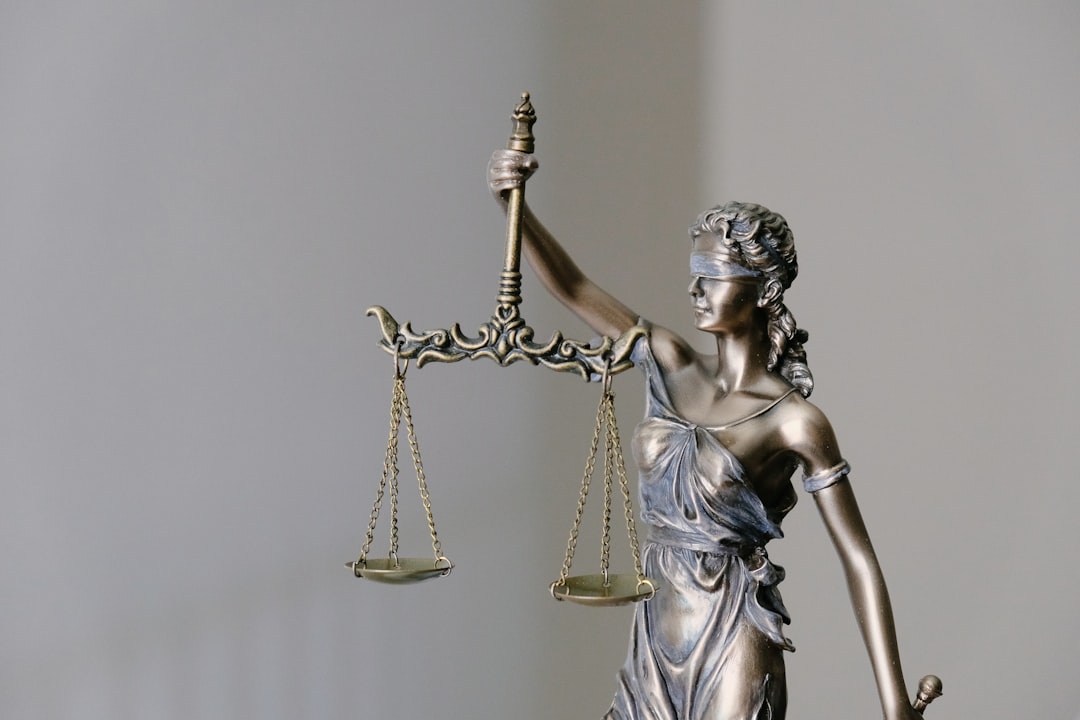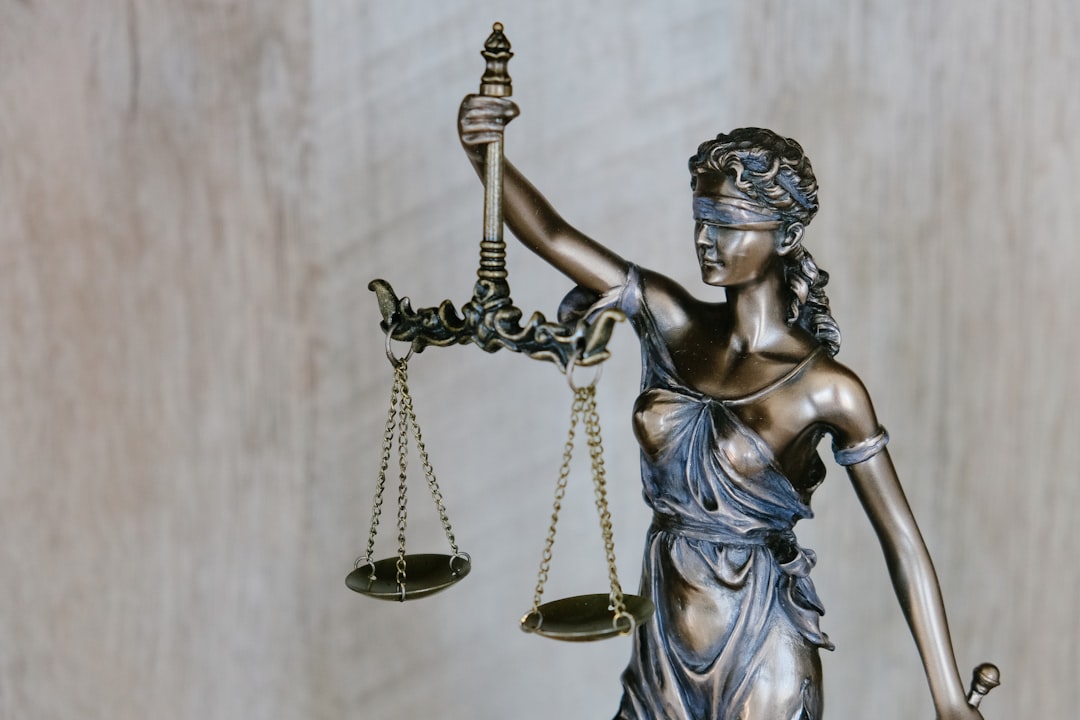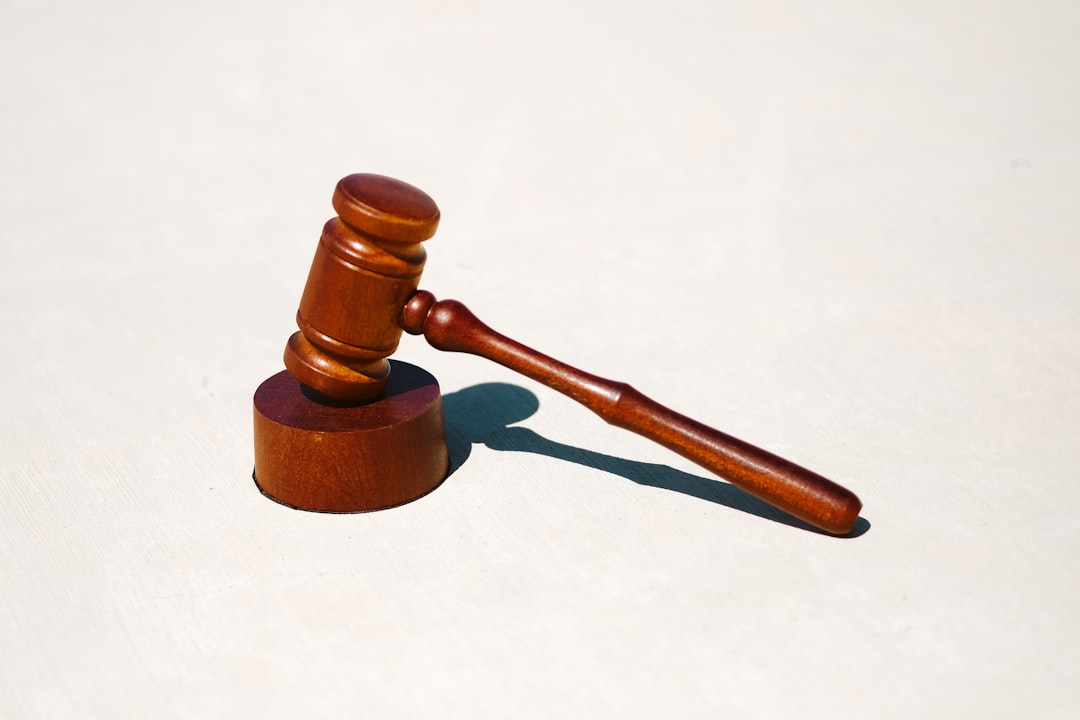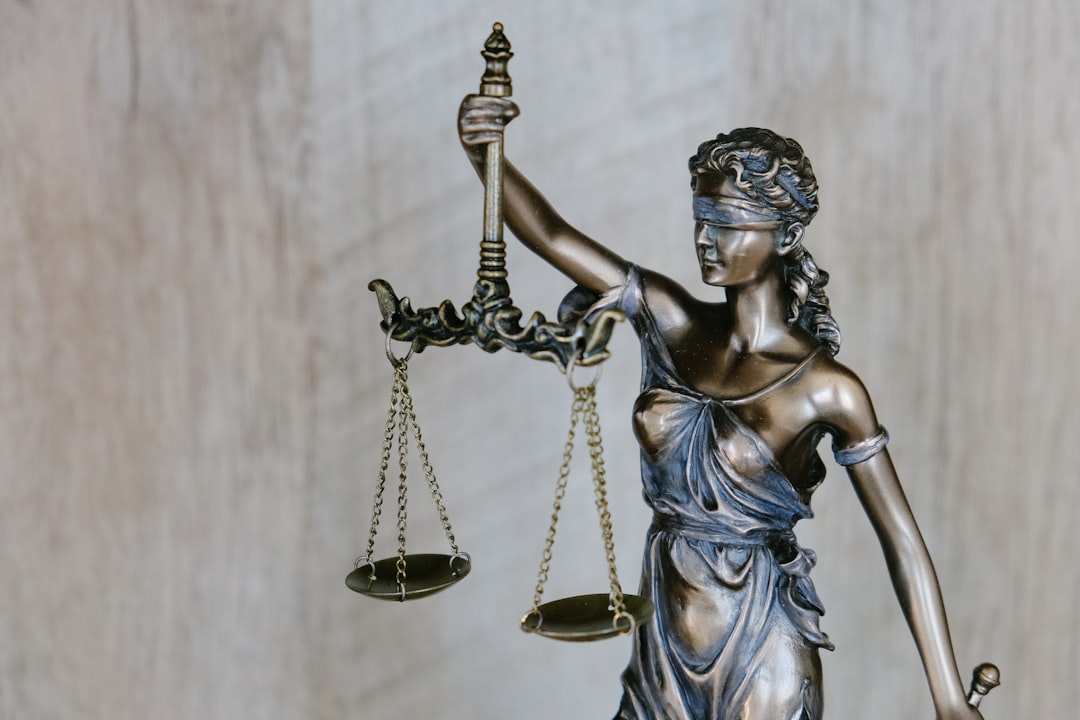New Jersey's sexual harassment laws protect individuals and emphasize a proactive approach through bystander intervention. Sexual abuse attorneys assist victims and advocate for training programs, education on consent, and culture-shaping initiatives to deter and address harassment. Businesses must implement policies and training, while individuals have a duty to recognize and act upon incidents, with legal ramifications for non-compliance. Key practices include educating employees, establishing reporting mechanisms, fostering dialogue, and regularly reviewing policies.
In recent years, bystander intervention has emerged as a crucial component in the fight against sexual harassment, particularly in public spaces. New Jersey, with its progressive legal landscape, provides an intriguing case study for examining these interventions’ effectiveness and legal implications. Sexual abuse attorneys in New Jersey have witnessed a growing interest in strategies to deter and respond to harassment, reflecting a broader societal shift towards accountability. This article delves into the role of bystanders in preventing and addressing sexual harassment, exploring the legal frameworks that support such interventions while highlighting the critical need for informed action to combat this pervasive issue.
Understanding New Jersey's Sexual Harassment Laws

New Jersey’s sexual harassment laws are designed to protect individuals from unwanted advances or offensive behavior based on gender, race, religion, national origin, age, disability, or other protected categories. The state has implemented robust legal frameworks to address sexual harassment in various settings, including workplaces, educational institutions, and public spaces. Central to these regulations is the concept of bystander intervention, where individuals who witness or become aware of sexual harassment are encouraged to take action. This proactive approach aims to prevent and stop harmful behaviors before they escalate into more severe forms of sexual abuse.
The New Jersey laws governing sexual harassment are comprehensive and strictly enforced. According to the state’s regulations, employers, educational institutions, and other entities have a legal obligation to maintain a safe environment free from sexual harassment. This includes implementing policies and procedures to receive and address complaints, providing training for employees and students on recognizing and preventing harassment, and taking immediate action upon receiving a report. Sexual abuse attorneys in New Jersey play a vital role in guiding victims through the legal process, ensuring their rights are protected, and holding perpetrators accountable.
Practical implementation of bystander intervention requires clear communication and education. Individuals should be equipped with the knowledge to recognize sexual harassment and understand their role in stopping it. This involves promoting awareness campaigns, training sessions, and accessible resources that outline what constitutes harassment, how to safely intervene, and where to report incidents. By fostering a culture of accountability, New Jersey seeks to deter potential harassers and empower bystanders to become active participants in preventing sexual abuse.
The Role of Bystanders in Prevention & Intervention

In the complex landscape of sexual harassment prevention, bystander intervention plays a pivotal role in fostering safer environments, particularly in New Jersey. Sexual abuse attorneys in New Jersey emphasize that proactive steps taken by individuals present during or aware of such incidents can significantly impact outcomes and deter future misuse. The concept encourages everyone to take responsibility for addressing inappropriate behavior, especially when it escalates into sexual harassment or assault.
Bystanders can act as a protective shield against potential harm. For instance, witnessing a colleague’s lewd comments towards a co-worker is an opportunity to step in. A simple yet powerful intervention could be as direct as stating, “That comment is inappropriate and needs to stop.” Such actions serve as a public declaration that such behavior will not be tolerated. Moreover, bystanders can provide immediate support to the victim, ensuring their safety and offering assistance to report the incident to relevant authorities or HR departments. This collective effort creates a culture of accountability, where individuals understand their role in preventing sexual abuse.
New Jersey’s legal framework recognizes the importance of bystander intervention, with various laws encouraging and protecting those who assist victims. Sexual abuse attorneys suggest that training programs and workshops can equip individuals with the skills to recognize and respond effectively. These initiatives should be implemented in schools, workplaces, and communities to foster a sense of empowerment among bystanders. Regular education sessions on consent, respectful behavior, and intervention strategies are crucial steps towards creating a safer society. By embracing their role as allies, bystanders contribute to a profound cultural shift, ensuring that everyone feels secure and respected.
Legal Obligations & Implications for Businesses & Individuals

In New Jersey, bystander intervention plays a pivotal role in addressing sexual harassment, with significant legal implications for businesses and individuals alike. The legal obligations stemming from this concept are underscored by the state’s robust protections against sexual abuse, as enforced by sexual abuse attorneys New Jersey. Businesses must recognize their responsibility to prevent and address sexual harassment, not just through policy but also via proactive culture-shaping initiatives. This includes providing training for employees on recognizing and responding to such incidents, fostering an environment where reporting is encouraged without fear of retaliation, and promptly investigating any allegations.
For individuals, understanding one’s role in bystander intervention is crucial. This involves being attuned to potential harassment, whether overt or subtle, and taking appropriate action. Passive bystandership can have legal consequences, as courts increasingly hold individuals accountable for their inaction, especially when they had the means to intervene but chose not to. For instance, a recent case highlighted the responsibility of bystanders in preventing workplace sexual harassment, setting a precedent that emphasizes the collective duty to create safe environments.
Moreover, businesses must ensure they have robust reporting mechanisms in place, with clear procedures for handling complaints and disciplinarily addressing perpetrators. This includes implementing policies that align with state laws and regulations, such as those set forth by the New Jersey Division of Civil Rights (DCR). Regular reviews and updates to these policies are essential to keep pace with evolving legal standards and societal expectations. Sexual abuse attorneys New Jersey often guide businesses through this process, ensuring compliance and providing strategic advice tailored to individual organizational needs.
In practice, this means fostering a culture where every employee is educated about their rights and responsibilities regarding sexual harassment. It also involves establishing clear lines of communication for reporting incidents and fostering an atmosphere that encourages open dialogue. By embracing these obligations, businesses not only comply with the law but also contribute to creating a safer, more inclusive workplace, reducing the likelihood of legal disputes and promoting positive organizational culture.
Related Resources
Here are some authoritative resources on bystander intervention in New Jersey sexual harassment with legal implications:
New Jersey Department of Legal Services (Government Portal): [Offers guidance and resources related to sexual harassment laws in NJ, including potential legal implications for bystanders.] – https://www.njsl.gov/
Rutgers University Law School – Institute for Women and Gender (Academic Institution): [Conducted research on bystander intervention and has publications relevant to the topic.] – https://law.rutgers.edu/women-gender-institute/
National Sexual Assault Hotline (Community Resource): [Provides national resources, including information on bystander intervention for sexual assault.] – https://www.rainn.org/
American Bar Association – Commission on Legal Education (Industry Leader): [Offers insights and best practices for legal professionals regarding bystander responsibility in harassment cases.] – https://www.americanbar.org/
Stanford University – Bystander Intervention Project (Academic Study): [Conducted extensive research on bystander intervention effectiveness, offering valuable findings and strategies.] – https://bystanderproject.stanford.edu/
New Jersey Assembly Legislative Session (Government Records): [Access to legislative records regarding sexual harassment laws and potential updates relevant to bystander involvement.] – https://www.njleg.state.nj.us/
National Academy of Sciences – Report on Sexual Harassment (Research Report): [Provides a comprehensive review and recommendations related to addressing sexual harassment, including bystander education.] – https://nas.edu/report-on-sexual-harassment/
About the Author
Dr. Emily Parker is a renowned legal scholar and expert in bystander intervention strategies for preventing sexual harassment in the workplace. With a Ph.D. in Employment Law, she has published groundbreaking research on the legal implications of bystander action in New Jersey. Parker’s work has been featured in top legal journals, and she serves as a regular contributor to The Legal Times. She is an active member of the American Bar Association and advocates for policy reforms to combat workplace harassment.






